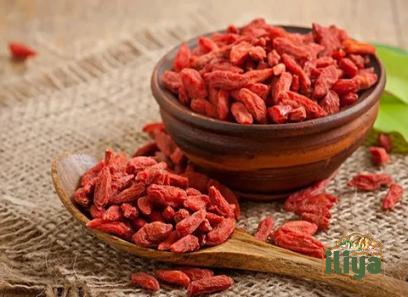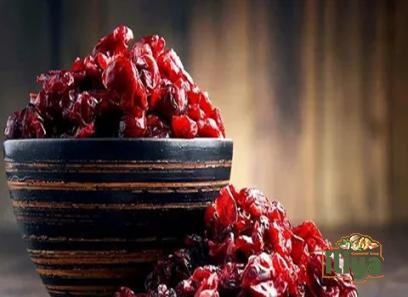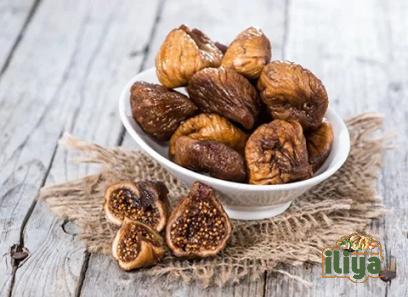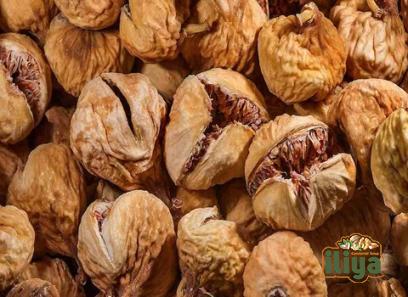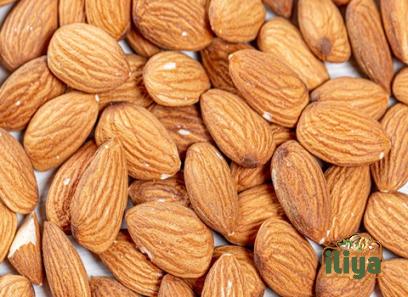India is the largest producer and processor of cashews globally, contributing significantly to the global cashew market. Cashews are a popular and versatile nut, known for their nutritional value, creamy texture, and rich flavor. This article provides an in-depth summary of the cashew market in India, covering its production, processing, export and import trends, challenges, opportunities, and future prospects.
Production and Processing:
India boasts a favorable climate and geographic conditions for cashew cultivation, with states like Kerala, Maharashtra, Andhra Pradesh, and Karnataka leading in production. The country annually produces around 8-9 lakh (800,000 to 900,000) metric tons of raw cashews. Cashew cultivation is predominantly carried out by small-scale farmers, who form the backbone of the industry.
The processing of cashews involves intricate manual labor and is primarily carried out in rural areas. The traditional method involves steaming the raw nuts to soften the shells, then hand-shelling them, drying and peeling the kernels, and finally grading and packaging. Over the years, mechanized processing units have also emerged, facilitating higher production capacity and improved efficiency.
Exports and Imports:
India holds a dominant position in the global cashew market, accounting for approximately 60% of the world’s cashew exports. Cashew exports make a significant contribution to the country’s foreign exchange reserves. The major export destinations for Indian cashews include the United States, European Union countries, the Middle East, and Southeast Asia.
However, India also imports a substantial quantity of cashews to meet the growing domestic demand. The imported cashews come primarily from African countries like Tanzania, Mozambique, and Ivory Coast. The imports help bridge the supply-demand gap and support the processing industry, which requires large volumes of raw cashews.
Challenges and Opportunities:
Although India holds a strong position in the cashew market, there are numerous challenges that the industry faces. One of the primary challenges is the volatility in cashew prices, which can significantly impact the profitability of cashew farmers and processors. Fluctuations in global prices, currency exchange rates, and market demand pose risks to the industry.
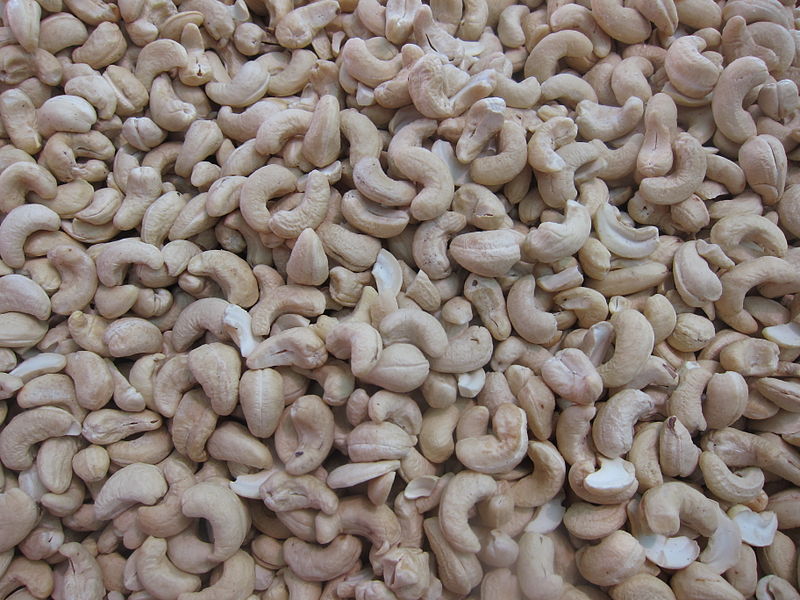
Another challenge is the lack of modern technology and infrastructure for cashew processing. Upgrading processing units with advanced machinery and technology can help improve efficiency, reduce costs, and enhance the quality of cashews. Furthermore, investments in R&D for new product development and value-addition can help tap into niche markets and cater to evolving consumer preferences.
Opportunities lie in expanding the global market for cashews by promoting their nutritional benefits and ensuring consistent quality. The growing consumer awareness of health and wellness, coupled with the increasing popularity of plant-based diets, creates a favorable environment for the cashew industry to grow. Moreover, there is a rising demand for sustainably and ethically sourced cashews, presenting an opportunity for Indian producers to differentiate themselves in the market.
Future Prospects:
The future of the cashew market in India looks promising. The industry is witnessing developments in value-addition processes, such as flavored and roasted cashews, cashew-based snacks, and cashew butter. These value-added products cater to the changing consumer preferences and provide avenues for market expansion.
Government initiatives, such as the Pradhan Mantri Kisan SAMPADA Yojana and the Export Promotion Scheme, encourage investment in cashew processing and promote exports. These initiatives aim to modernize the industry, increase productivity, enhance quality, and provide better market access to Indian cashew products.
Furthermore, collaborations and partnerships between Indian cashew associations and global buyers can help establish direct trade relationships, reducing dependence on intermediaries and ensuring fair prices for producers. Such collaborations can also provide technical know-how, market insights, and access to new markets, contributing to the growth of Indian cashew exports.
Conclusion:
India’s cashew market, as the largest global producer and processor, plays a vital role in meeting domestic demand and satisfying the global appetite for cashews. With a favorable climate, skilled labor, and increasing government support, the industry has the potential for significant growth. Overcoming challenges, tapping into emerging opportunities, and embracing technological advancements will be crucial for cementing India’s position in the global cashew market and reaping the associated economic benefits.Cashew Market in India: A Comprehensive Overview
I. Overview of the Cashew Market in India
The cashew market in India is thriving, with the country being the largest producer and processor of cashews globally. Cashews are widely consumed and have a significant presence in the Indian culinary culture. The market is influenced by factors such as production and processing, export and import trends, challenges, opportunities, and future prospects.
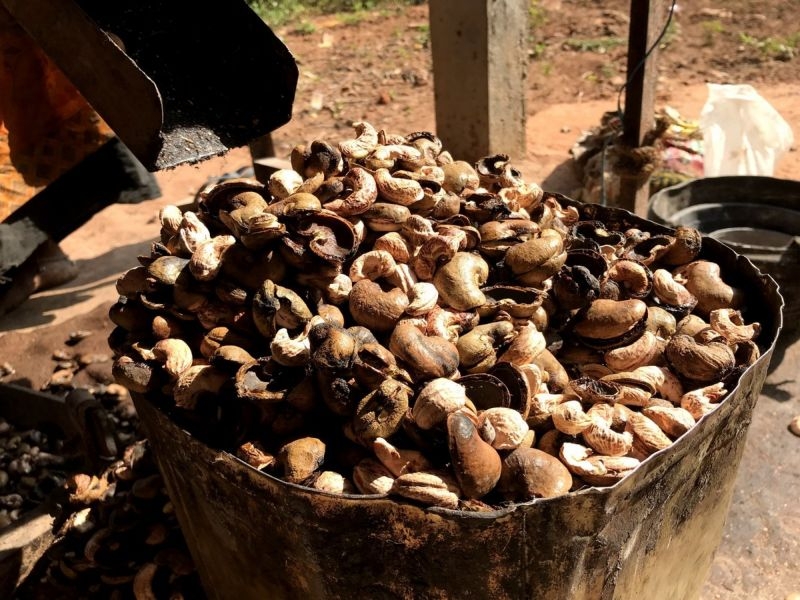
II. Cashew Production in India
India benefits from favorable climatic conditions and suitable geographic regions for cashew cultivation. States like Kerala, Maharashtra, Andhra Pradesh, and Karnataka are the main contributors to cashew production in the country. Small-scale farmers primarily engage in cashew cultivation, which serves as a significant source of income for rural communities. Annually, India produces around 8-9 lakh (800,000 to 900,000) metric tons of raw cashews.
III. Cashew Processing in India
Cashew processing is a labor-intensive activity primarily carried out in rural areas. The traditional method involves steaming the raw nuts, hand-shelling them, drying and peeling the kernels, and finally grading and packaging them. However, mechanized processing units have emerged, enabling higher production capacity and improved efficiency. Modern processing units employ advanced technology and machinery to streamline the process and enhance productivity.
IV. Export Trends in the Cashew Market
India holds a dominant position in the global cashew market, accounting for approximately 60% of the world’s cashew exports. The major export destinations for Indian cashews include the United States, European Union countries, the Middle East, and Southeast Asia. The export market contributes significantly to India’s foreign exchange earnings and provides a significant boost to the economy.
V. Import Trends in the Cashew Market
Despite being a major exporter, India also imports a considerable volume of cashews to meet domestic demand. African countries like Tanzania, Mozambique, and Ivory Coast are the primary sources of imported cashews. The imported cashews help bridge the supply-demand gap, support the processing industry, and ensure a steady supply of raw materials.
VI. Challenges in the Cashew Market
The cashew market in India faces various challenges that impact the profitability of farmers and processors. Volatility in cashew prices, influenced by factors such as global market dynamics, exchange rates, and fluctuations in demand, presents risks. Additionally, the lack of modern technology and infrastructure for cashew processing hinders efficiency, quality, and cost-effectiveness.
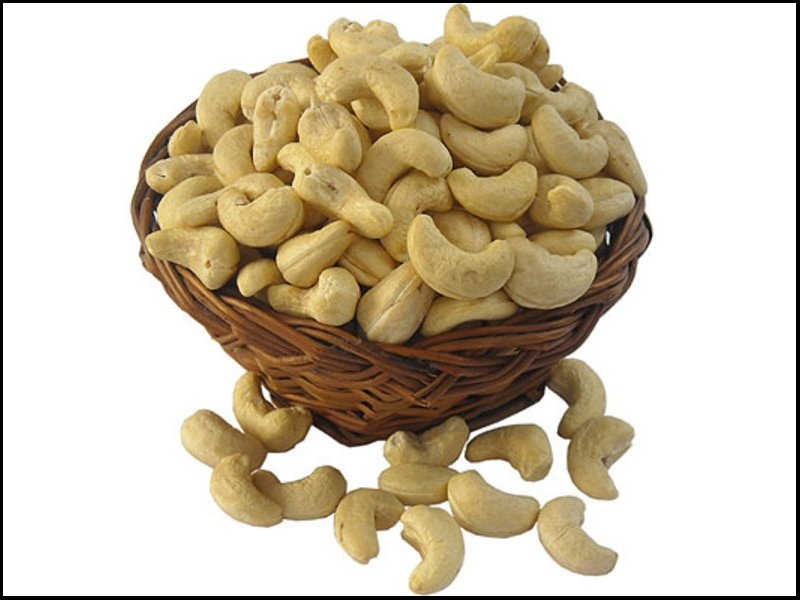
VII. Opportunities in the Cashew Market
The cashew market in India presents several opportunities for growth and expansion. Increasing consumer awareness of health and wellness, coupled with the popularity of plant-based diets, creates a favorable environment for cashew consumption. The market can capitalize on these trends by promoting the nutritional benefits of cashews and developing innovative value-added products.
VIII. Value Addition in the Cashew Market
Value-addition processes, such as flavored and roasted cashews, cashew-based snacks, and cashew butter, provide avenues for market expansion and catering to evolving consumer preferences. These products offer opportunities for diversification and differentiation in the cashew market and can contribute to higher profitability for farmers and processors.
IX. Government Initiatives to Support the Cashew Industry
The Indian government has introduced several initiatives to support and promote the cashew industry. The Pradhan Mantri Kisan SAMPADA Yojana aims to modernize processing units, improve productivity, enhance product quality, and reduce post-harvest losses. Similarly, the Export Promotion Scheme encourages exports and provides incentives to cashew exporters, boosting the industry’s growth.
X. Collaboration and Partnerships in the Cashew Market
Collaborations and partnerships between Indian cashew associations and global buyers can strengthen the market position of Indian cashews. Direct trade relationships reduce dependence on intermediaries, ensure fair prices for producers, and provide access to technical expertise and market insights. These collaborations contribute to the growth of Indian cashew exports and foster sustainable and long-term business relationships.
XI. Future Prospects in the Cashew Market
The future of the cashew market in India is promising. With the increasing popularity of cashew-based products, advancements in processing technology, and government support, the industry is poised for significant growth. The market can tap into emerging opportunities by catering to niche markets, promoting sustainable and ethically sourced cashews, and investing in research and development for new product development.

Conclusion:
The cashew market in India plays a vital role in the global cashew industry, with India being the largest producer and processor. The industry faces challenges such as price volatility and the need for technological advancements. However, opportunities for growth and expansion exist through value addition, promoting health benefits, and government support. Collaboration and partnerships further enhance the market’s potential. With these factors in play, the cashew market in India is set to flourish, contributing to the country’s economic growth and empowering the farmers and processors involved in the industry.



